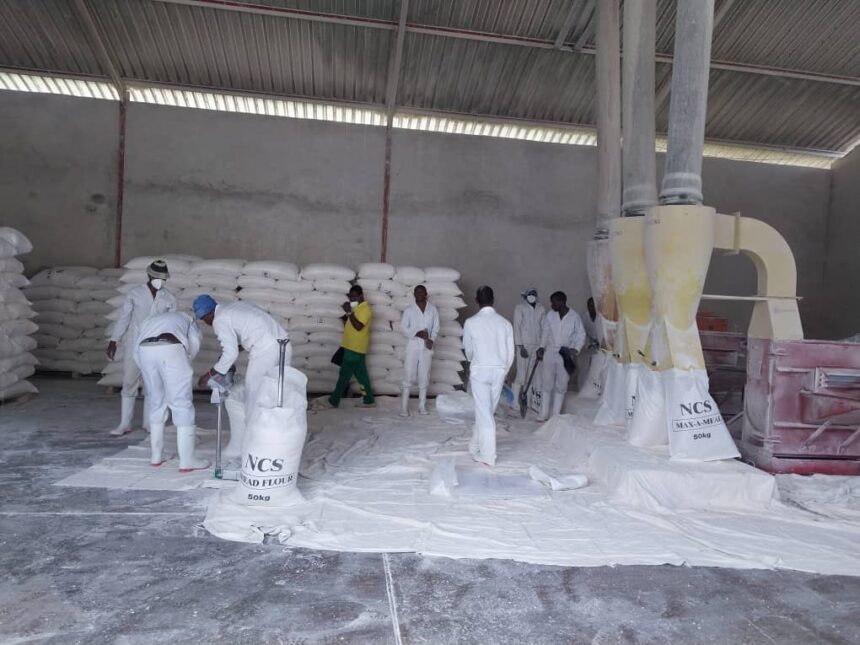RUNDU – Namibia has reduced white maize grain imports by 52% due to its record-breaking harvest of 98 824 tonnes during the 2022 harvesting and marketing season.
Minister of Agriculture, Water and Land Reform Calle Schlettwein said this during the 2023 National Agronomy and Horticulture Award ceremony held at the Mashare Irrigation Project in the Kavango East region last Thursday.
“This achievement underscores the tireless efforts of the farmers and processors in striving to meet the essential food demands of the nation,” he said.
Another noteworthy achievement, he added, is the increasing access of Namibian producers to global markets.
He said in 2022, 36% of agronomy and horticultural local production primarily consisting of products such as grapes, onions, tomatoes, sweet peppers, butternut, dates, blueberries and watermelons are being exported to international markets.
A significant milestone, Schlettwein noted, was reached in quarter one of 2023 with Namibia’s inaugural soft citrus and grapefruit exports valued at N$1.5 million with zero rejection.
Furthermore, he said blueberry production is on the rise with about 71 hectares already in production at the Mashare irrigation project as well as Komsberg along the Orange River.
“In addition, there is a new development of 50 hectares of blueberries taking place at Divundu in the Kavango East region, with 500 hectares targeted to be developed over a period of 10 years to the value of N$1.5 billion,” the minister indicated.
This expansion will broaden the reach of proudly Namibian products in the international market, bring foreign earnings to the country and provide employment opportunities to the youth, he said.
More than 300 agronomy and horticulture producers, traders, input suppliers and other key stakeholders attended the event held under the theme ‘Promoting a Resilient, Sustainable and Profitable Crop Industry’.
The event is held to recognise and award crop value chain actors, including producers, processors, traders, service providers and school gardens that have made significant contributions to the development as well as the growth of Namibia’s agronomy and horticultural industry over the last 12 months. -Nampa


